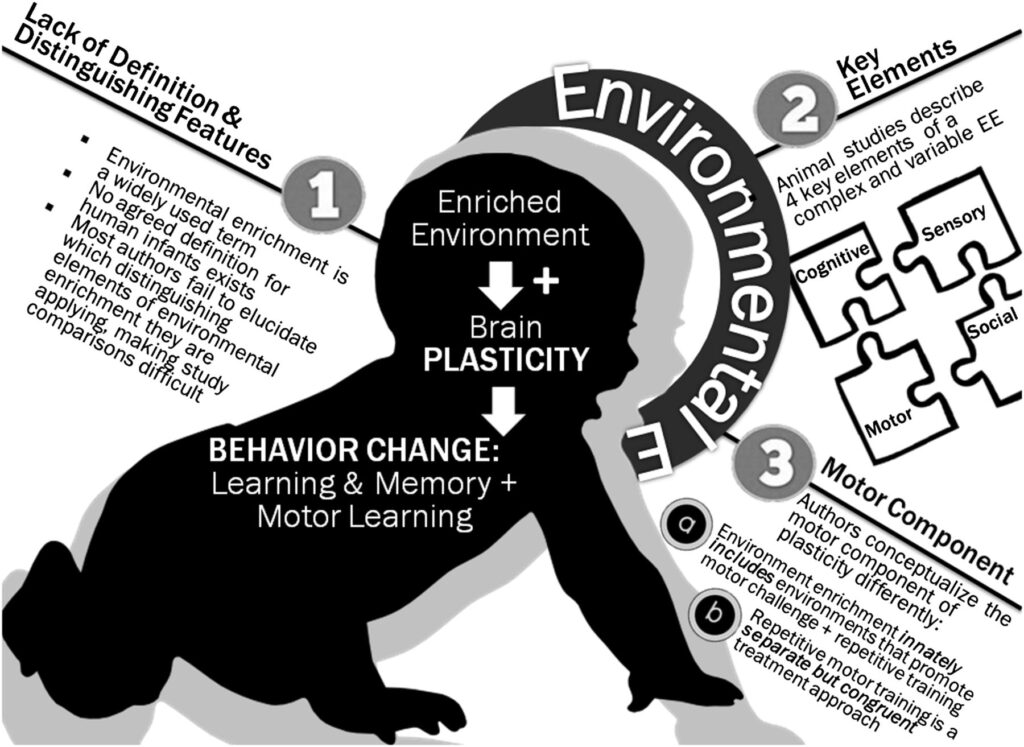Labour’s newly announced policy on research funding for new medicines raises big questions about the balance between private profit and public good.
The party wants to make big drug companies hand over their exclusive research details so medicines can be made and sold more cheaply by others.
Should major drug companies have the right to benefit from their research investment through exclusive rights to sell new products over a decade or more?
Or should the government have the right to over-ride that when certain potentially life-changing medicines are deemed too expensive for NHS patients?
It was not surprising Jeremy Corbyn chose the example of the cystic-fibrosis drug Orkambi.
It has been a high profile and long-running saga, with NHS England and the National Institute for Health and Care Excellence unable to agree a deal with the manufacturer, Vertex.
Cystic fibrosis drug decision ‘heartbreaking’
Cheaper NHS drugs ‘as safe and effective’
The official listed price is more than £100,000 per year per patient, though the company has indicated it would be prepared to negotiate and the Scottish government has reached an agreement to purchase and supply the drug.
Mr Corbyn referred to the case of nine-year-old Luis Walker, who has four hours of treatment a day but whose life might be very different with Orkambi.
He said: “Luis, and tens of thousands of others suffering from illnesses such as cystic fibrosis, hepatitis C and breast cancer, are being denied life-saving medicines by a system that puts profits for shareholders before people’s lives.”
What is Labour planning to do if elected?
In essence, Labour wants to over-ride, in some circumstances, the patent system that allows drug companies to prevent others from replicating their new products over a defined period of 10 years or more.
A patent typically lasts 20 years in total, though this includes the time to complete trials and get regulatory approval.
The Labour leader made this pledge: “We will create a new publicly owned generic drugs manufacturer to supply cheaper medicines to our NHS, saving our health service money and saving lives.”
The policy would utilise an existing but rarely used power to create what is known as a Crown use licence.
This would grant a state-owned company access to a drug company’s intellectual property in return for a relatively low payment.
Labour’s policy document refers to a recent German court decision to award a compulsory licence on an HIV drug and a similar move in Malaysia for a hepatitis C treatment.
The other strand of the Labour policy would ensure taxpayers benefited from new drugs developed by big companies in collaboration with public research bodies.
Some new medicines brought to market by the companies are based on initial research by other organisations.
Labour’s newly announced policy on research funding for new medicines raises big questions about the balance between private profit and public good.
The party wants to make big drug companies hand over their exclusive research details so medicines can be made and sold more cheaply by others.
Should major drug companies have the right to benefit from their research investment through exclusive rights to sell new products over a decade or more?
Or should the government have the right to over-ride that when certain potentially life-changing medicines are deemed too expensive for NHS patients?
It was not surprising Jeremy Corbyn chose the example of the cystic-fibrosis drug Orkambi.
It has been a high profile and long-running saga, with NHS England and the National Institute for Health and Care Excellence unable to agree a deal with the manufacturer, Vertex.
Cystic fibrosis drug decision ‘heartbreaking’
Cheaper NHS drugs ‘as safe and effective’
The official listed price is more than £100,000 per year per patient, though the company has indicated it would be prepared to negotiate and the Scottish government has reached an agreement to purchase and supply the drug.
Mr Corbyn referred to the case of nine-year-old Luis Walker, who has four hours of treatment a day but whose life might be very different with Orkambi.
He said: “Luis, and tens of thousands of others suffering from illnesses such as cystic fibrosis, hepatitis C and breast cancer, are being denied life-saving medicines by a system that puts profits for shareholders before people’s lives.”
ΠΗΓΗ : BBC
Ακολουθήστε το healthweb.gr στο Google News και μάθετε πρώτοι όλες τις ειδήσεις
Ακολουθήστε το healthweb.gr στο κανάλι μας στο YouTube





















